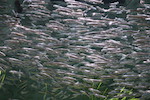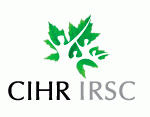Acid oceans vs fish | January 7, 2020 | SMCC Heads Up – Embargoed and recently published research with a Canadian focus, curated by SMCC for science journalists. Read more>
Category: Heads Up

December 17, 2019 | SMCC Heads Up 
Awesome astronomer | Green New Deal for everyone | H. erectus’s last stand | December 17, 2019 | SMCC Heads Up – Embargoed and recently published research with a Canadian focus, curated by SMCC for science journalists.

December 10, 2019 | SMCC Heads Up 
Greenland melt | Birds fast-track extinction | Aged immune cells, sleep and dementia | December 10, 2019 | SMCC Heads Up – Embargoed and recently published research with a Canadian focus, curated by SMCC for science journalists.

December 3, 2019 | SMCC Heads Up 
Hard knocks toughen up critter communities | Asteroid ejecta | December 3, 2019 | SMCC Heads Up Embargoed and recently published research with a Canadian focus, curated by SMCC for science journalists.

November 26, 2019 | SMCC Heads Up 
Worldwide climate-driven hunger | Redefining salmon health | Muffled humpbacks | November 26, 2019 | SMCC Heads Up – Embargoed and recently published research with a Canadian focus, curated by SMCC for science journalists.

November 19, 2019 | SMCC Heads Up 
Pollution threats to rare species | Universal music | Cannabis no help with opioids | November 19, 2019 | SMCC Heads Up – Embargoed and recently published research with a Canadian focus, curated by SMCC for science journalists.

November 12, 2019 | SMCC Heads Up
Canadian wins Maddox Prize | Oyster plastics | Ocean microbes | November 12, 2019 | SMCC Heads Up – Embargoed and recently published research with a Canadian focus, curated by SMCC for science journalists.
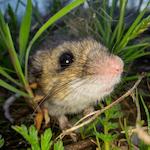
November 5, 2019 | SMCC Heads Up
Pre-bipedal apes | High-altitude mice | Climate emergency | November 5, 2019 | SMCC Heads Up – Embargoed and recently published research with a Canadian focus, curated by SMCC for science journalists.
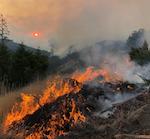
October 29, 2019 | SMCC Heads Up
11,000 scientists declare climate emergency | Antibiotic use tracking | Tropical deforestation | October 29, 2019 | SMCC Heads Up Embargoed and recently published research with a Canadian focus, curated by SMCC for science journalists.
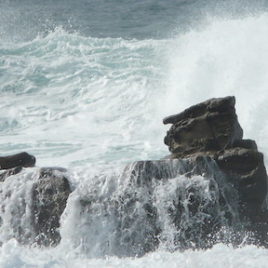
October 22, 2019 | SMCC Heads Up
Bum sun effects | Tiny bubbles, big gas | Earthworms in peril | Mutant fern fossils, and MORE… | October 22, 2019 | SMCC Heads Up Embargoed and recently published research with a Canadian focus, curated by SMCC for science journalists.

October 15, 2019 | SMCC Heads Up
Natural crop-production services | Global biodiversity crisis | Learning motor skills | October 15, 2019 | SMCC Heads Up Embargoed and recently published research with a Canadian focus, curated by SMCC for science journalists.

October 8, 2019 | SMCC Heads Up
Nature’s help in decline | Heart-friendly canines | Exercise for all ages | October 8, 2019 | SMCC Heads Up Embargoed and recently published research with a Canadian focus, curated by SMCC for science journalists.
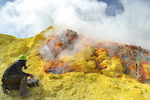
October 1, 2019 | SMCC Heads Up 
Global volcanic carbon dioxide | Lead up to a deadly outbreak | Groundwater shortages looming | October 1, 2019 | SMCC Heads Up – Embargoed and recently published research with a Canadian focus, curated by SMCC for science journalists.
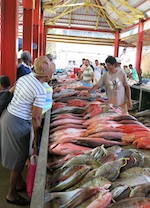
September 24, 2019 | SMCC Heads Up 
Plastic-shedding teabags | One-source kimberlites | Nutrient-goldmine fisheries | September 24, 2019 | SMCC Heads Up – Embargoed and recently published research with a Canadian focus, curated by SMCC for science journalists.
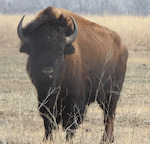
September 17, 2019 | SMCC Heads Up 
Pleistocene extinction | Three-billion bird loss | Social sunflowers | September 17, 2019 | SMCC Heads Up – Embargoed and recently published research with a Canadian focus, curated by SMCC for science journalists.

September 10, 2019 | SMCC Heads Up 
New, emerging silent spring | A fishy tale of toothy evolution | September 10, 2019 | SMCC Heads Up – Embargoed and recently published research with a Canadian focus, curated by SMCC for science journalists.
